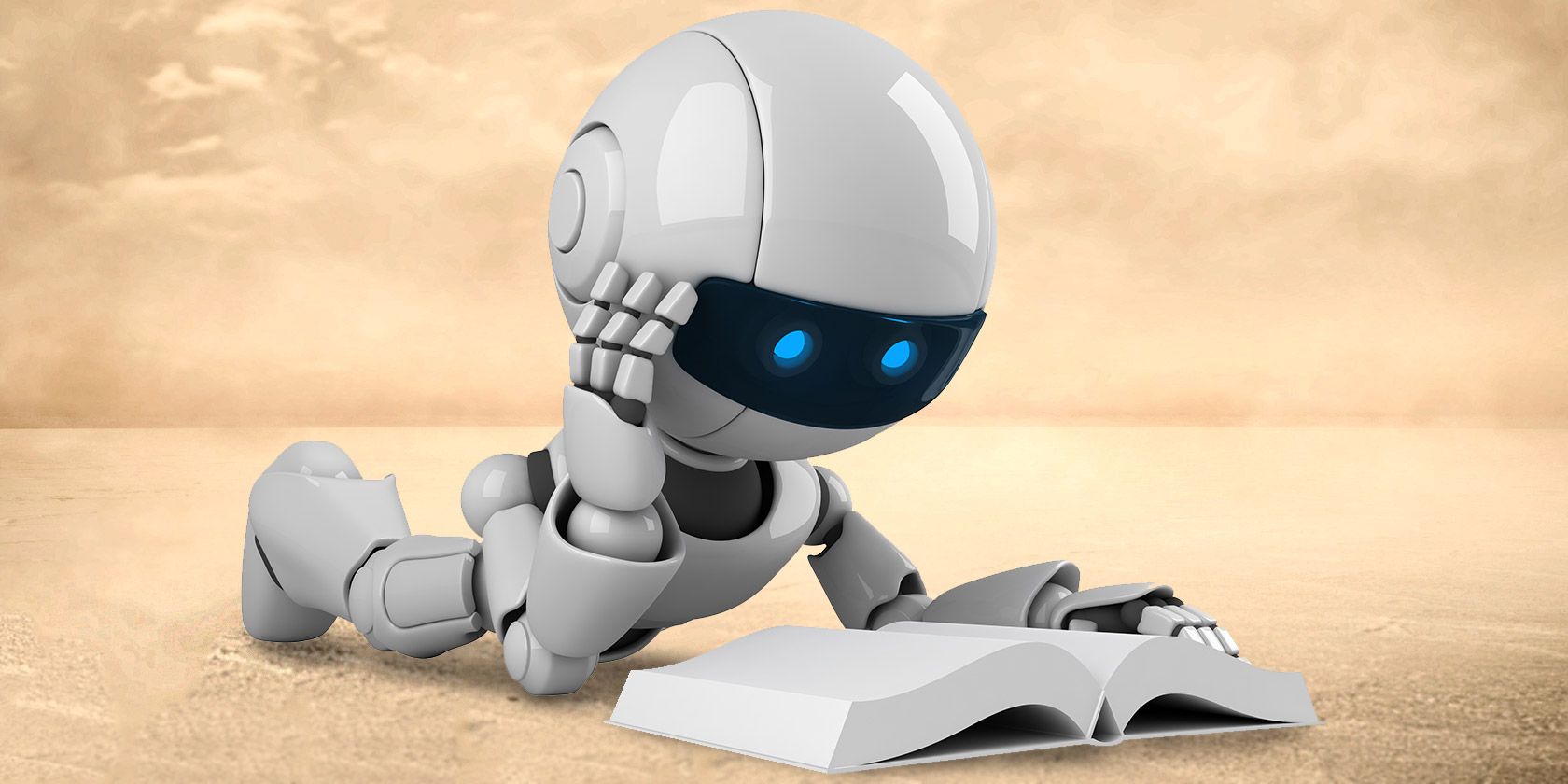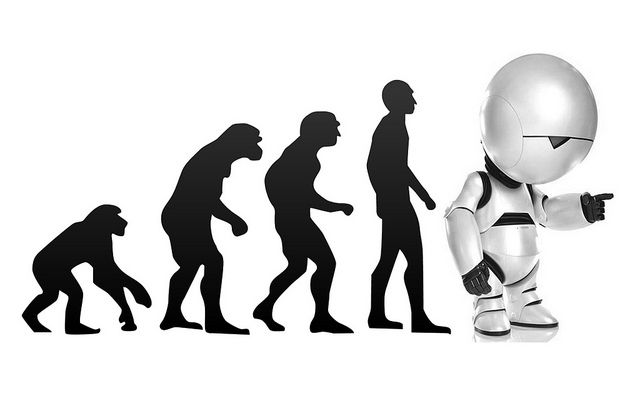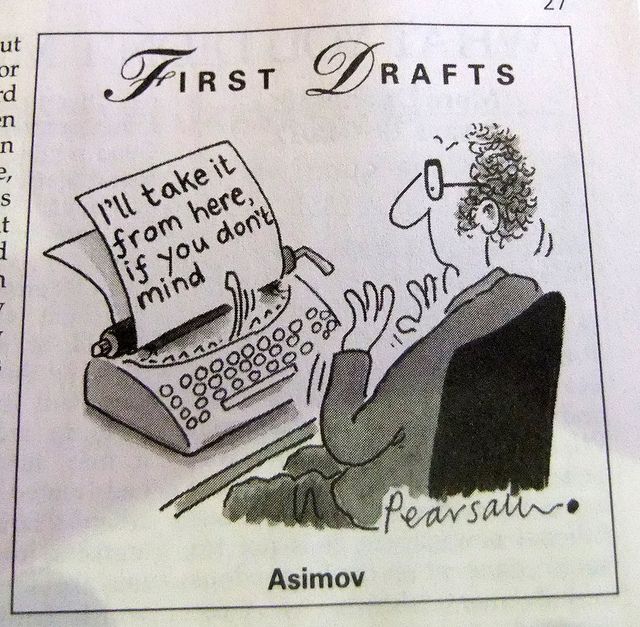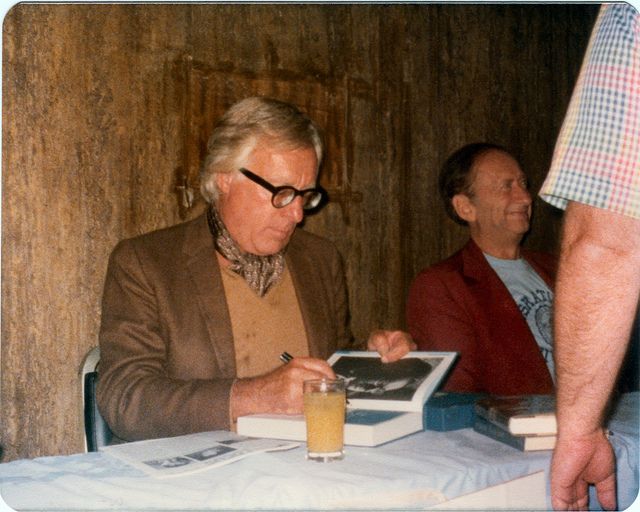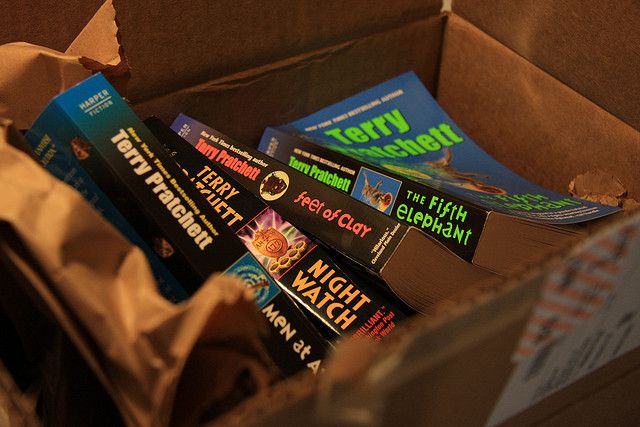Robots are a staple of science fiction literature. They've been heroes, villains, set dressing, dei ex machina, and the metaphorical children of humanity. They've also featured in modern classics like Star Wars, Star Trek, Blade Runner, and countless others.
Robots have appeared in every piece of media humans have ever created, but literature is where you'll find the greatest trove of automaton characters with depth and complexity. Whether you're a fan of mystery, hard science, or fantasy, there are a number of books with robot characters that keep you turning the page. Here are a few to get you started.
What is a Robot Anyway?
The term "robot" generally means an artificial being with a physical form. They generally have autonomy of movement, if not of motive, and are usually employed as servants to humans or some other warm-blooded sapient species.
This is far from a new concept. In Book 18 of The Iliad, the god Hephaestus appears being supported by some of his creations, feminine creatures made of gold who have intelligence and prodigious smithing abilities. The word "robot" is believed to come from a Czech play by Karel Capek called Rossum's Universal Robots. The translated Czech means "slave" or "drudge."
So, robots have been around for a very long time. Thus, there is no way this article can be a comprehensive listing of all the great robot characters in literature. So, instead take this as a primer of some of the very best that there are to find. Also, the characters listed here are confined to physical beings with the ability to move, so I don't include supercomputers. Sorry to those of you who were hoping to see HAL on this list.
The Hitchhiker's Guide to the Galaxy: Marvin
I feel almost obligated to begin with Marvin, one of the many creations of Douglas Adams, since he almost resists comparison to any other robot character in history. Marvin the Paranoid Android is a mainstay of the Hitchhiker's universe… literally. If you need yet another reason why you should be reading The Hitchhiker's Guide to the Galaxy, Marvin the Paranoid Android should be the character that pushes you to go out and buy the Ultimate volume.
Marvin was a prototypical creation from the brilliant minds at the Sirius Cybernetics Corporation, who have their own special definition of a robot as "Your Plastic Pal Who's Fun to Be With." He's the precursor of their Genuine People Personalities, an emotion chip that's renders every other virtual intelligence in the universe perky and cheerful. Marvin, on the other hand, isn't. Marvin makes Eeyore seem chipper.
Without giving too much away, poor Marvin spends most of Adams' novels undergoing a series of unfortunate circumstances that would break even the happiest person. In fact, I think only the words of Marvin himself can give you the proper picture:
"Come on. I've been ordered to take you down to the bridge. Here I am, brain the size of a planet and they ask me to take you down to the bridge. Call that job satisfaction? 'Cos I don't… Sorry, did I say something wrong? Pardon me for breathing, which I never do anyway so I don't know why I bother to say it, oh God, I'm so depressed. Here's another of those self-satisfied doors. Life! Don't talk to me about life."
The Robot Trilogy: R. Daneel Olivaw
Isaac Asimov, who wrote The Robot Trilogy, amongst many other glorious tomes, is famous for his invention of the Three Laws of Robotics, which have since provided a blueprint for how robots can operate in fiction.
There are so many robots in Asimov's fiction that this entire list could have consisted of them and it would have been appropriate. Of all of them, I chose R. Daneel Olivaw for selfish reasons: I'm a fan of mysteries, and Olivaw is a detective. But besides that, I do think the Robot Trilogy is a good read for anyone who loves robots and science fiction.
It's the future, natch. The Earth is overcrowded and humans are crammed into tiny cities where resources are carefully rationed. Meanwhile, a faction of humanity called The Spacers has been living on various planets with plentiful resources and tiny populations for years, relying on robots for all of their needs.
When various conflicts arise between the humans of Earth and the Spacers or their robots, Elijah Baley must step in to investigate. In the first book, he is assigned a humaniform robot partner named R. Daneel Olivaw, who is stronger, smarter, and designed to look exactly like a human.
Throughout the series, Lije and Daneel solve mysteries in societies with vastly differing views on the roles robots play in human lives, while forming a friendship that will influence the future of both Earth and humanity as a whole. The books also explore the implications of Asimov's Three Laws of Robotics and the perceived superiority of artificial life.
I Sing the Body Electric!: The Electric Grandmother
You're likely to have encountered this Ray Bradbury story as an episode of The Twilight Zone. Ray Bradbury wrote the script for the episode, so if, for some reason, you can't track down his short story, you can watch the episode and get a very similar experience.
A small girl, Agatha, who is grieving for her dead mother, is supplied with a robot built to be a loving grandmother figure. Agatha initially rejects Grandmother because she's convinced Grandmother will leave her like her mother did. When Grandmother takes the brunt of a car accident saving Agatha, she demonstrates her own love and immortality to the little girl.
Almost every other story on this list (along with the vast majority of robotic fiction in general) deal with philosophical ideas of what it means to be human and the intricacies of machine programming vs irrational thought. But the Electric Grandmother's machine programming is fundamentally based on irrationality: She's full of love and sentiment, and there's no indication that her love is any different from that of Agatha's mother. Which makes this a rare, and rather intriguing, story.
Feet of Clay: Dorfl
Technically speaking, does a "robot" have to be a creature of metal and wires that lives in the future? Or can it just be a nonhuman artificial creature with sentience and will that exists alongside humans in some form? If it can be the latter, then the golems of Discworld by the late, great Terry Pratchett certainly qualify.
Golems are ceramic worker drones with magical "chems" inserted into their heads which compel them to obey and keep them from hurting people. See Asimov, above. Dorfl is the golem of the City Watch, who eventually becomes the first liberated golem. Unfortunately, at the same time, a few murders are suspected of being the work of a golem.
One of the roots of robot fiction is Mary Shelley's Frankenstein, and Dorfl fits the profile of this archetype. The golems in general also comply with a version of Asimov's laws. The number of shout-outs to classic robot fiction in Feet of Clay alone make them robots by literary osmosis if nothing else.
Tell Me What You Think!
Have you read a book with a great robot character that you didn't see on this list? There are a lot of automatons we didn't cover: Freya from Saturn's Children, Rachael Rosen from Do Androids Dream of Electric Sheep?, and the titular character from "Robbie." Please tell us all about any you remember in the comments section below.
Image Credits: robot read Via Shutterstock. Taymaz Valley, Gwydion M. Williams, Will Hart, and Magic Madzik all via Flickr.

